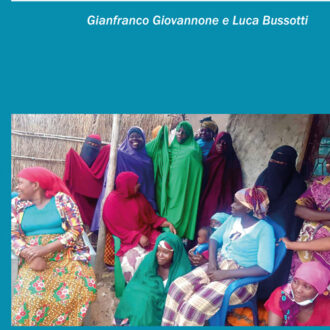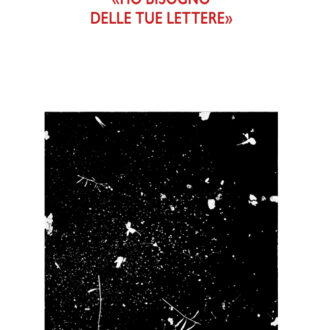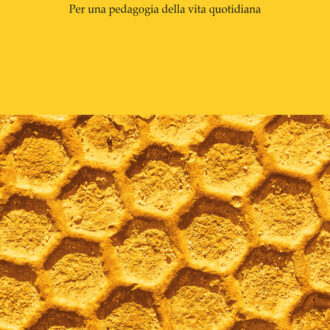ABSTRACT
The mythological character of Ulysses enjoyed enormous popularity in early modern English literature, and it was constantly appropriated in a wide variety of dramatic and non-dramatic texts. This study analyses the characterisation of this figure in plays, poems, treatises and emblem books, taking into account wider intellectual phenomena such as the influence of non-Homeric sources on the Troy legend, and attitudes towards the humanistic idea of exemplarity and the art of rhetoric. It focuses especially on three main incarnations of Ulysses which seem to emerge in the literature of the second half of the sixteenth century and the first decades of the seventeenth: Ulysses as a moral exemplum, as a homo rhetoricus, and as a fraudulent homo politicus.
Shakespeare’s rewriting of Ulysses in his Troilus and Cressida has elicited more scholarly debate than any other incarnation of the hero. In order to shed light on this divisive Shakespearean figure, its characterisation will be contextualised within the rest of Shakespeare’s œuvre and compared to other contemporary representations of the hero.
La figure mitologica di Ulisse appare con enorme frequenza nella letteratura della prima età moderna inglese. Questo studio si propone di analizzare la caratterizzazione di questo personaggio in testi drammaturgici e poetici, in trattati e libri di emblemi, prendendo in considerazione una serie di fenomeni intellettuali dell’epoca, quali ad esempio l’influenza di fonti non-omeriche sulla leggenda di Troia, e le reazioni alla retorica dell’esemplarità e all’arte dell’eloquenza. Verranno in particolare esaminate tre principali caratterizzazioni di Ulisse che sembrano emergere nella letteratura della seconda metà del sedicesimo secolo e delle prime decadi del diciassettesimo: Ulisse come exemplum morale, come homo rhetoricus e come homo politicus dedito all’inganno.
La riscrittura Shakespeariana di Ulisse in Troilus and Cressida ha suscitato un vivace dibattito critico, sicuramente più intenso di quello dedicato a qualsiasi altra incarnazione dell’eroe in questo periodo. Questa figura controversa verrà messa in relazione al resto del corpus Shakespeariano e comparata ad altre rappresentazioni contemporanee dell’eroe allo scopo di precisare con maggiore chiarezza i tratti salienti della sua caratterizzazione.












Recensioni
Ancora non ci sono recensioni.